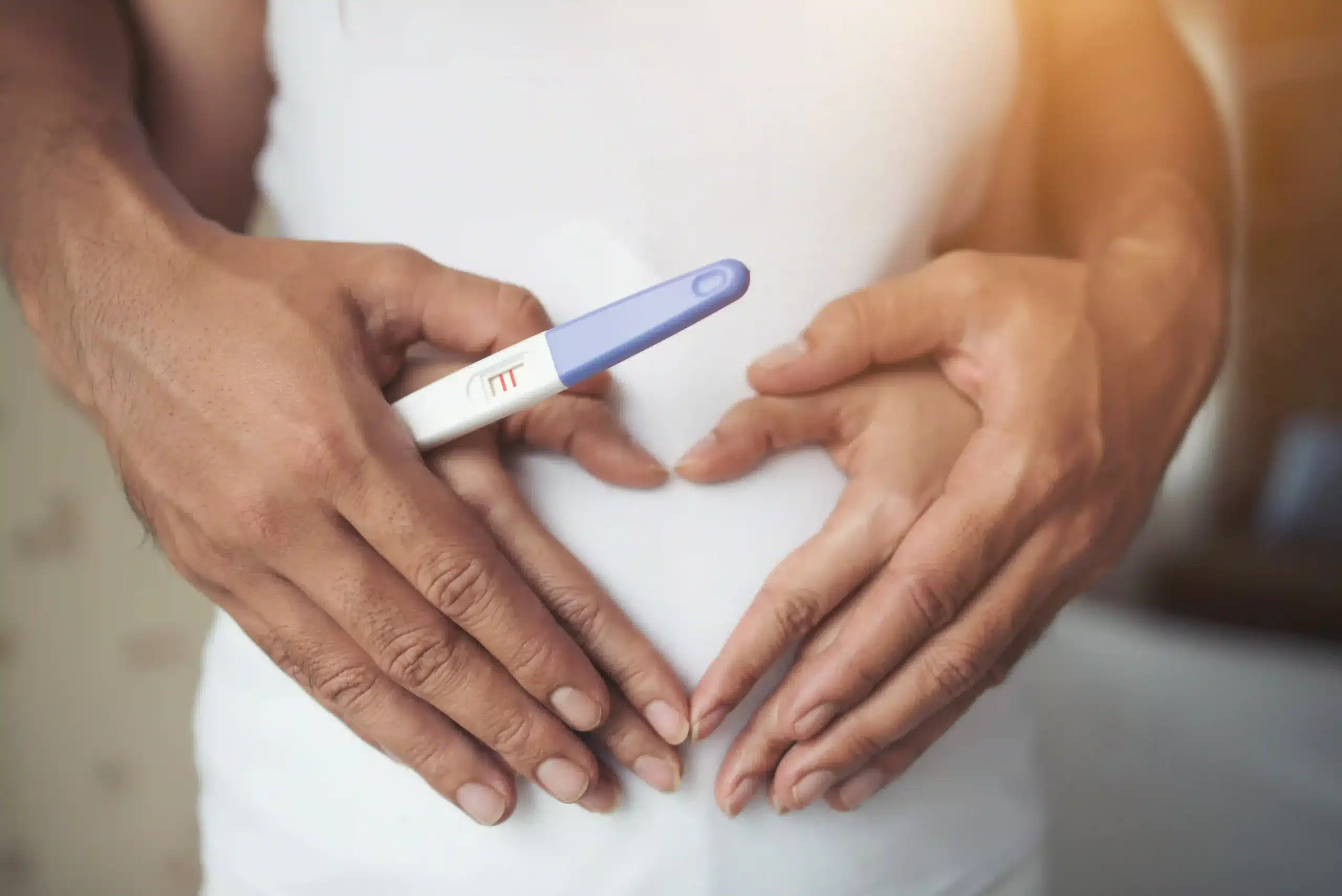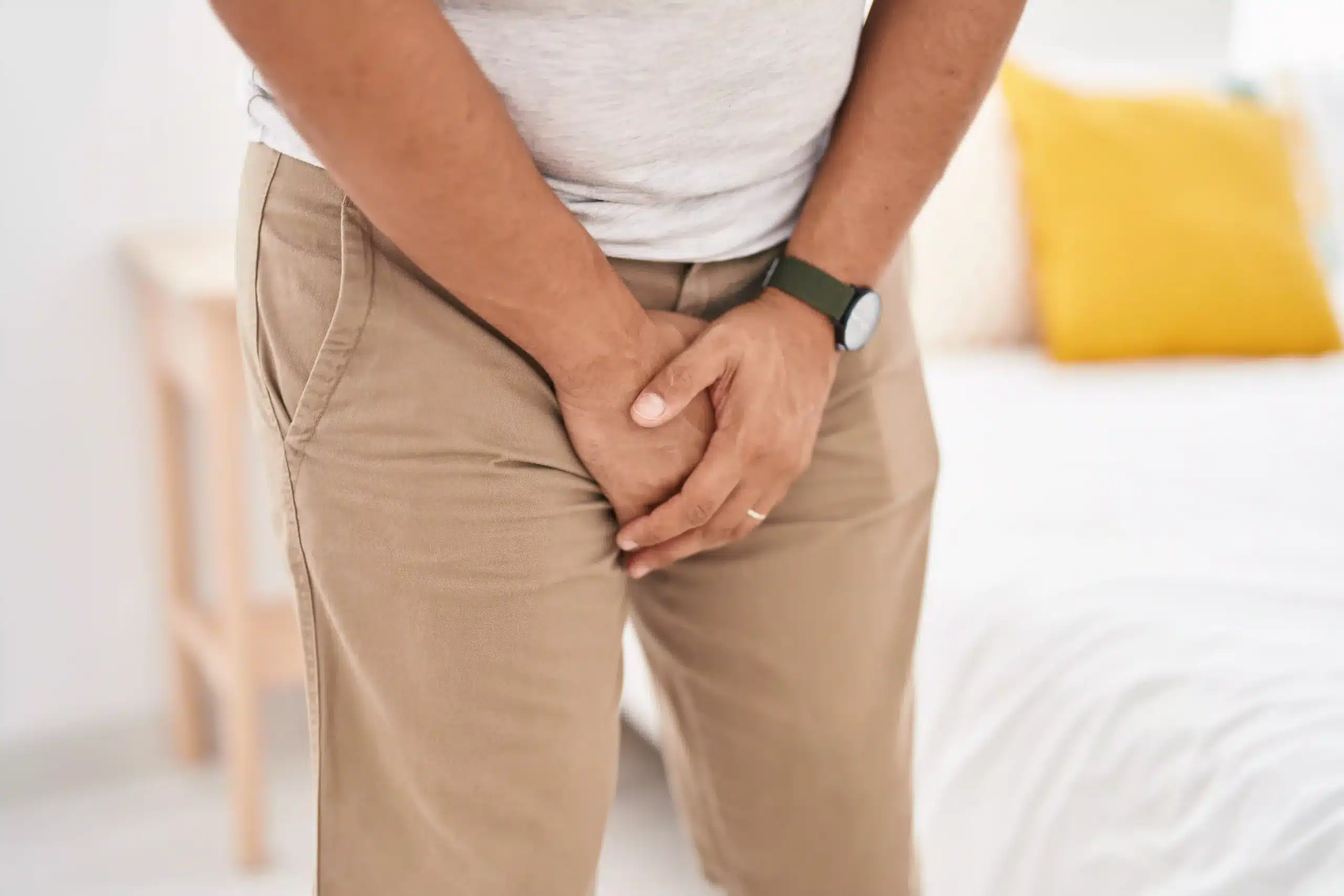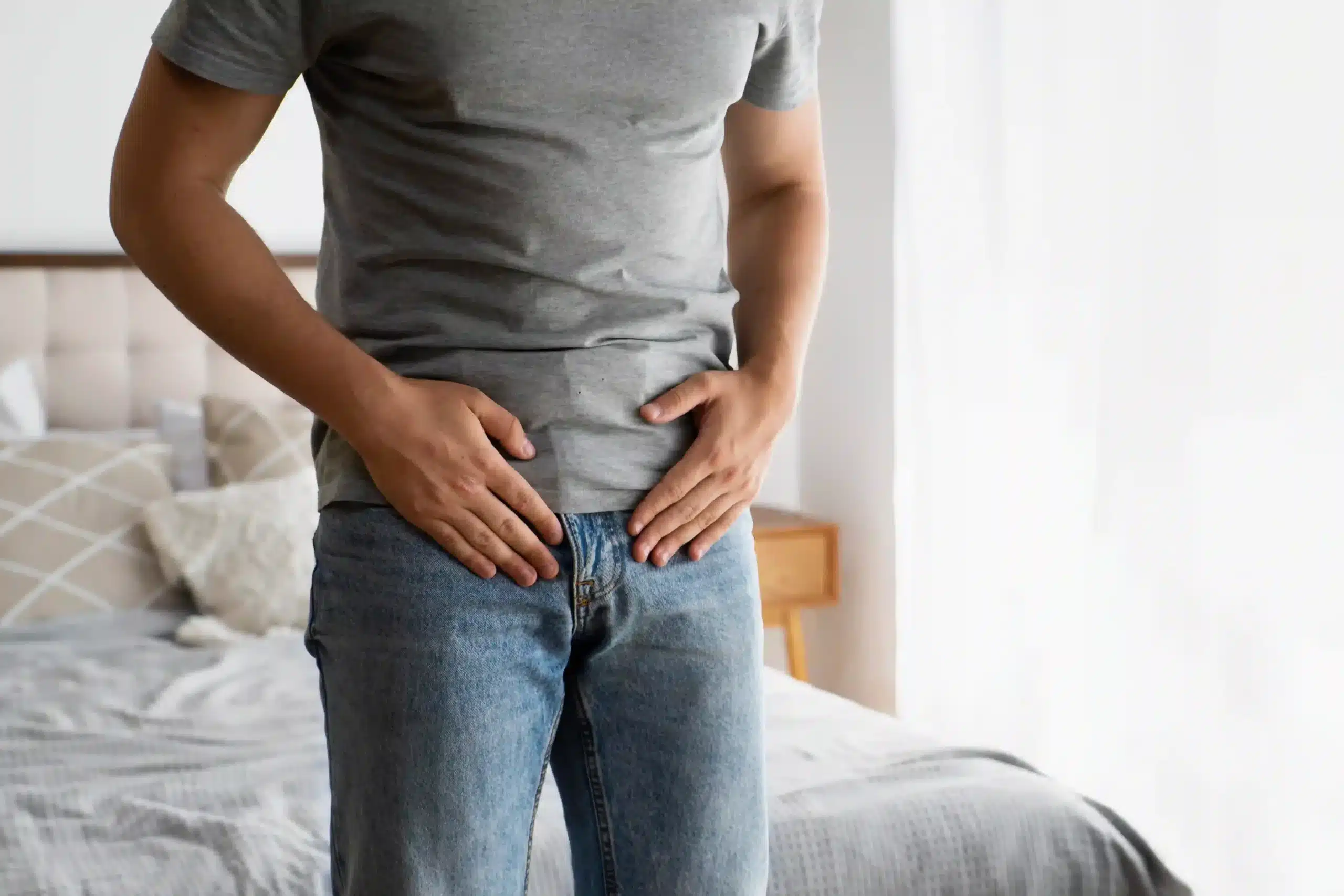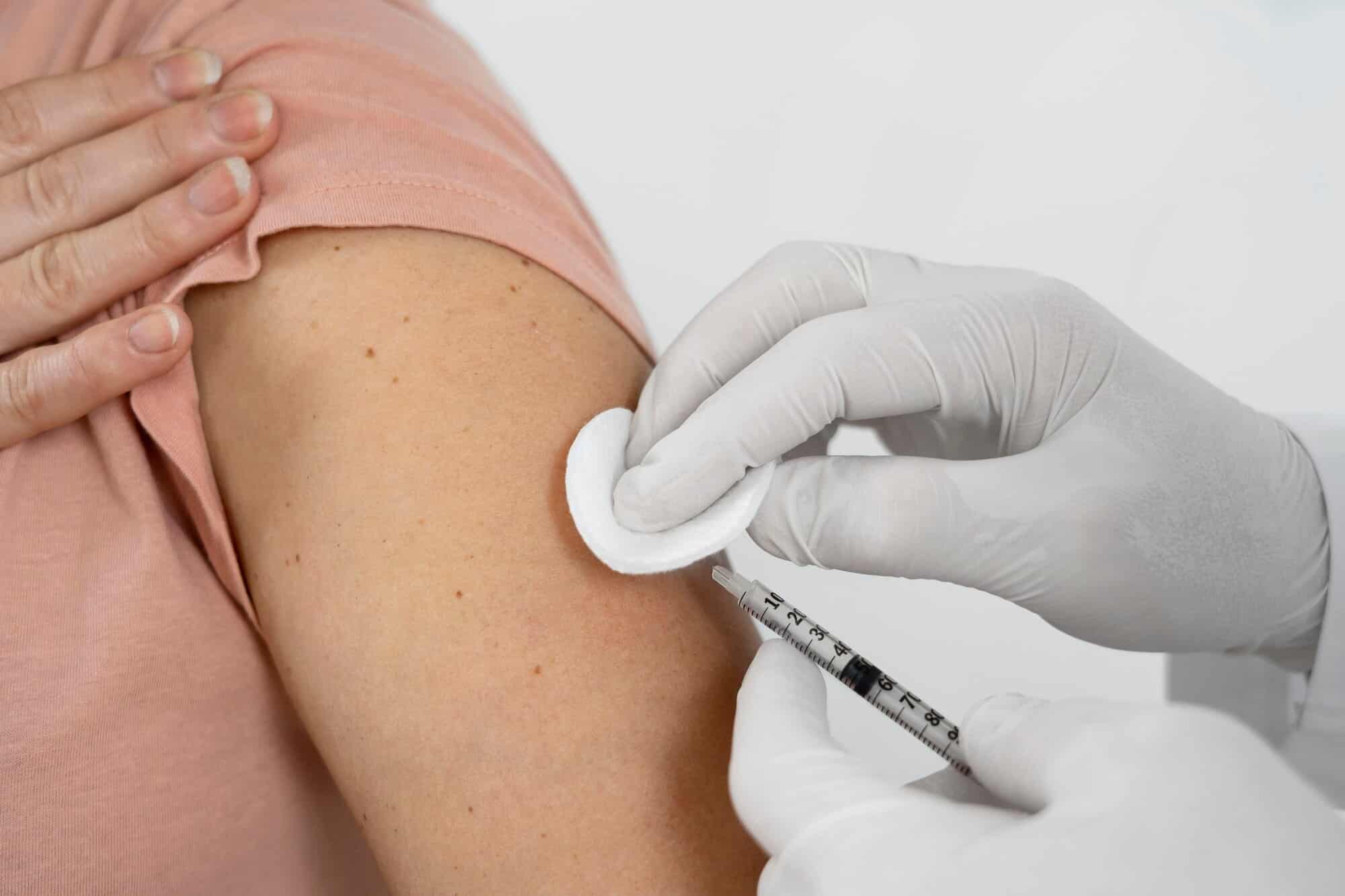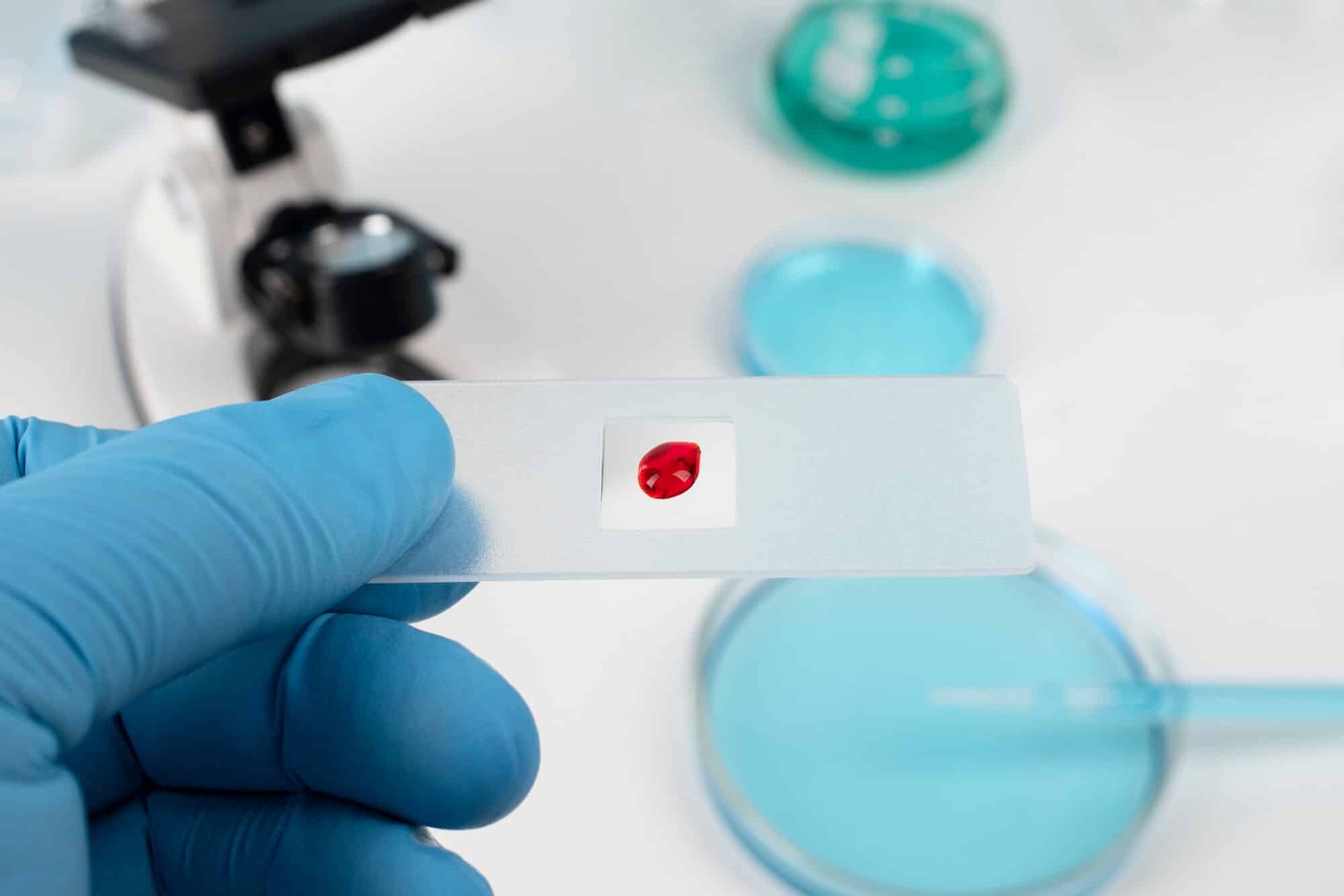
Gonorrhea, caused by the Neisseria gonorrhoeae bacterium, is a concern for sexually active individuals. Often called “the clap,” this infection can develop quietly without obvious warning signs, putting both you and your partners at risk. Understanding how long gonorrhea takes to show up and familiarizing yourself with treatment options can prevent complications and ensure a complete recovery. Knowledge can be life-saving when it comes to sexual health. In this article, we explain how long gonorrhea lasts, available testing options, and what to expect when recovering from this infection.
How Long Does Gonorrhea Take to Appear?
Gonorrhea typically has an incubation period of 1 to 14 days, though many people who develop symptoms notice them around 2 weeks after infection. Not everyone infected with gonorrhea develops symptoms of the disease. Gonorrhea can be asymptomatic, and those carrying the infection can easily pass it on to their partners without knowing. Although gonorrhea can remain asymptomatic for long periods of time, as long as the infection is in a person’s body, they are at risk of developing complications.
Symptoms of Gonorrhea
Here is how gonorrhea typically manifests in females and males:
Symptoms in Females
Females can experience delayed symptoms or no symptoms at all after contracting gonorrhea. When symptoms do develop, they are usually mild enough to be confused with a vaginal yeast infection or a urinary tract infection. Common symptoms of gonorrhea in females include:
- Unusual vaginal discharge
- Burning when urinating
- Feeling the need to urinate more often
- Bleeding between menstrual periods
- Pain during sexual intercourse
- Pain in the lower abdomen
- Rectal irritation or soreness
- Uncomfortable bowel movements
Symptoms in Males
Males typically experience symptoms within 2 weeks of infection. While males are more likely to experience noticeable symptoms than women, 5 to 10% of gonorrhea cases in males are asymptomatic, which makes regular STI testing all the more important. Common symptoms of gonorrhea in males include:
- Discharge from the penis
- Burning during urination
- Redness or swelling around the opening of the penis
- Tenderness or swelling in the testicles
- Rectal pain, itching, and discharge
- Difficult bowel movements
Gonorrhea Testing
Testing for gonorrhea is easy. All you have to do is make an appointment with a healthcare provider that offers STI testing. During your appointment, you will be asked about your symptoms and sexual history and then requested to provide a sample of bodily fluid for testing. These tests are designed to be as quick and comfortable as possible, and you can always ask for a friend or partner to be in the room with you if having them there will make you feel more at ease.
The following methods are commonly used to diagnose gonorrhea:
- Urine Testing: A urine sample may be taken to detect the presence of gonorrhea
- Swab Testing: A swab may be taken from your penis, vagina, throat, or rectum and sent to a lab for testing
Gonorrhea Treatment
If you test positive for gonorrhea, getting treatment right away is very important. The infection will not resolve on its own, and delaying treatment can result in irreversible complications. The best way to treat gonorrhea is with antibiotics in the form of a ceftriaxone injection.
The CDC recommends the following treatment options based on body weight:
- For individuals weighing less than 330 pounds: A single 500 mg ceftriaxone injection
- For individuals weighing more than 330 pounds: A single 1 g ceftriaxone injection
- For people who are allergic to ceftriaxone: A combination of azithromycin and gentamicin
If you have gonorrhea in your throat, you should get a follow-up test 7 to 14 days after treatment, since throat infections are more challenging to eliminate than infections in other areas. The CDC also recommends getting tested 3 months after completing gonorrhea treatment to ensure the infection does not return. While antibiotics will clear the infection, they cannot undo any damage it has caused, which is why early detection is so important. Using protection during sex will help prevent future infections.
How Long Does Gonorrhea Take to Cure?
The recovery time for gonorrhea depends on various factors. With antibiotic treatment, most infections clear up within 7 days. It is strongly recommended to abstain from all sexual contact during this time. Even if your symptoms seem to be improving, the bacteria can still spread to your partners during this recovery window.
The stage of infection also influences the amount of time it takes to recover. Early-stage infections may resolve more quickly than infections in which complications have developed. If you have pelvic inflammatory disease (PID) as a result of gonorrhea, you may need additional treatment and time to recover.
Keep in mind that before you resume sexual activity, all your partners should get tested to make sure they have not been infected. This will protect you from getting re-infected.
Will Gonorrhea Go Away Without Treatment?
Gonorrhea will not go away on its own. Unlike minor infections that your body can fight off by itself, gonorrhea bacteria will continue to multiply indefinitely without antibiotic treatment. Your symptoms might temporarily improve, but that does not mean the infection has disappeared.
Without treatment, gonorrhea can cause permanent damage to your reproductive system and spread from its initial location to other parts of your body.
Here are some of the complications that can occur if gonorrhea is left untreated:
In Females
- Pelvic inflammatory disease
- Scarring of the fallopian tubes
- Ectopic pregnancy
In Males
- Inflammation of the prostate and epididymis
- Infertility
- Chronic testicular pain
In Both Females and Males
- Spread of infection to the joints, blood, and organs
- Eye infection if the bacteria transfers from the hands to the eyes
- Increased risk of contracting HIV
Get Treated for Gonorrhea at Equality Health
Getting prompt testing and treatment for gonorrhea can prevent long-term complications. If you do test positive for gonorrhea, don’t let embarrassment stand in the way of getting proper care. At Equality Health, we provide confidential STI testing and treatment in a judgment-free environment. Contact us today to schedule an appointment and regain control of your sexual health.
Frequently Asked Questions (FAQs)
Yes, it’s possible for gonorrhea to return after treatment. If you have unprotected sex with someone who has been infected, you are at risk of being re-infected. Your body will not develop immunity to gonorrhea after infection, which is why using condoms and dental dams consistently is required for protection.
Gonorrhea is not usually life-threatening, but it can become life-threatening if left untreated for too long. The bacteria can spread to the blood and organs, at which point the condition may be fatal.

